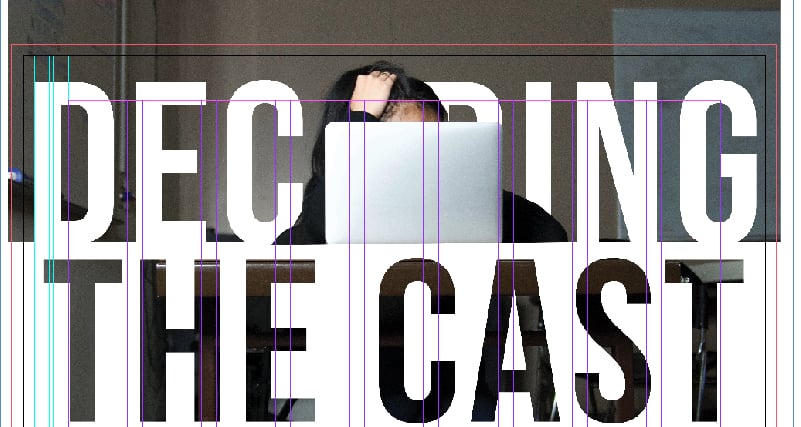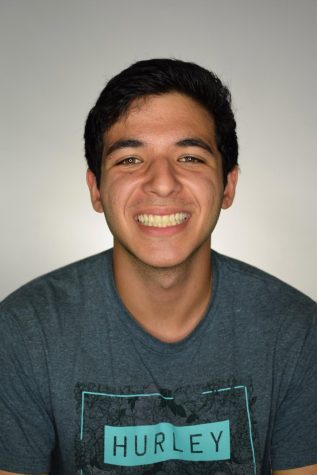While the rest of the student body enjoyed a typical late start at 9:30 a.m. on Wednesday, April 4 and Wednesday, April 11, many of the seniors reported to the Field House during one of those mornings to take the California Science Test, or CAST, which is aligned to the Next Generation Science Standards that were adopted in 2013.
On March 22, assistant principal and CAST coordinator Nico Flores sent an email to the senior class encouraging students to take the standardized test in an effort to meet the 95 percent participation target set in 2015 by the Every Student Succeeds Act, or ESSA, the Obama-era education policy that replaced Bush’s No Child Left Behind Act of 2001.
“This is a very easy way for you to give back to your school and the community for all they have done for you over the past 3+ years,” Flores wrote in an email.
Flores shared his perspective that seniors giving up one Wednesday morning to take the test wasn’t asking too much.
“Whether it’s on the athletic fields, whether it’s in visual performing arts, whether it’s administrators and teachers writing letters of recommendation — which aren’t required — all of those things together make a comprehensive high school experience,” Flores said. “Part of that is making sure that when you have an opportunity to show up to provide support to your high school.”
However, on April 4, only 63 percent of the seniors in the alphabet range A — Matoo showed up. Senior Darren Kopa thinks the quid pro quo messaging could’ve been part of the problem.
“A better argument would probably be, even if you don’t feel like giving back, this will help improve [MVHS’ standing] for future generations,” Kopa said.
That said, Kopa did show up for the test and didn’t think it was that big of a deal.
“Your score didn’t really matter, so it’s not like I spent any time studying,” Kopa said. “The only thing was I had to wake up a bit earlier one day.”
Senior Nidhin Madhu considered opting out, but ended up taking the test.
“I feel like people should be allowed to opt out,” Madhu said. “But last year I heard [that] even though people opted out, they were called back in and asked to take the [CAASPP] test.”
Officially, only 10 students opted out of the test, although 90 students didn’t show up to take the exam on the first day.
“California is one of the few states that allows opt outs,” Flores said. “But we’re held to 95 percent standard — if everyone opted out, how would we hit our mark?”
However, Madhu said the time of year negatively impacted senior participation.
“I would rather not take [the test because] it’s having the seniors do so much late in the year,” Madhu said. ”It is just not right, you know.”
The consequences for not hitting the participation mark aren’t totally clear.
This is a very easy way for you to give back to your school and the community for all they have done for you over the past 3+ years
ASSISTANT PRINCIPAL NICO FLORES
“It could have a number of ripple down effects,” Flores said. “It could be a drop in rank. It could be a drop in community perception. It could impact anything from enrollment to property values. Or it could change nothing.”
Senior Nikash Khanna agrees that standardized tests are very important to the community.
“It has more implications than just for our school,” Khanna said. “House prices, for example. My mom wants me to take the test because the reason that the house prices are so high in this neighborhood is because of the schools and if the school’s ratings go down … people who have houses here are just going to be broke.”
Flores sent a follow-up email to the 90 students who didn’t come on April 4 and offered them two options for make-ups: testing on April 11 at 7:35 a.m. with the second group or use open block periods.
“MVHS is a great place to be,” Flores wrote. “Let’s keep it great by stepping up and taking down the CAST, together!”










